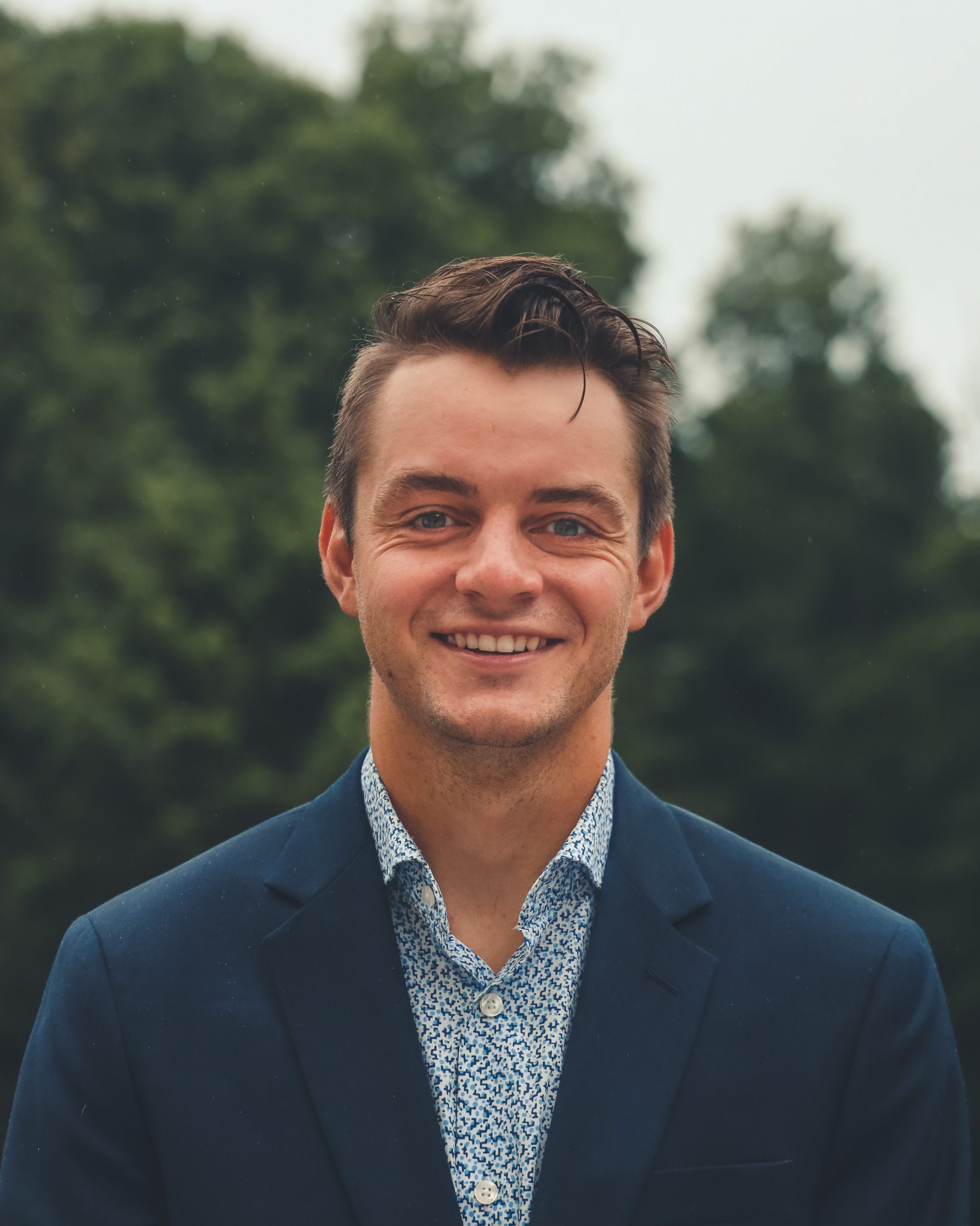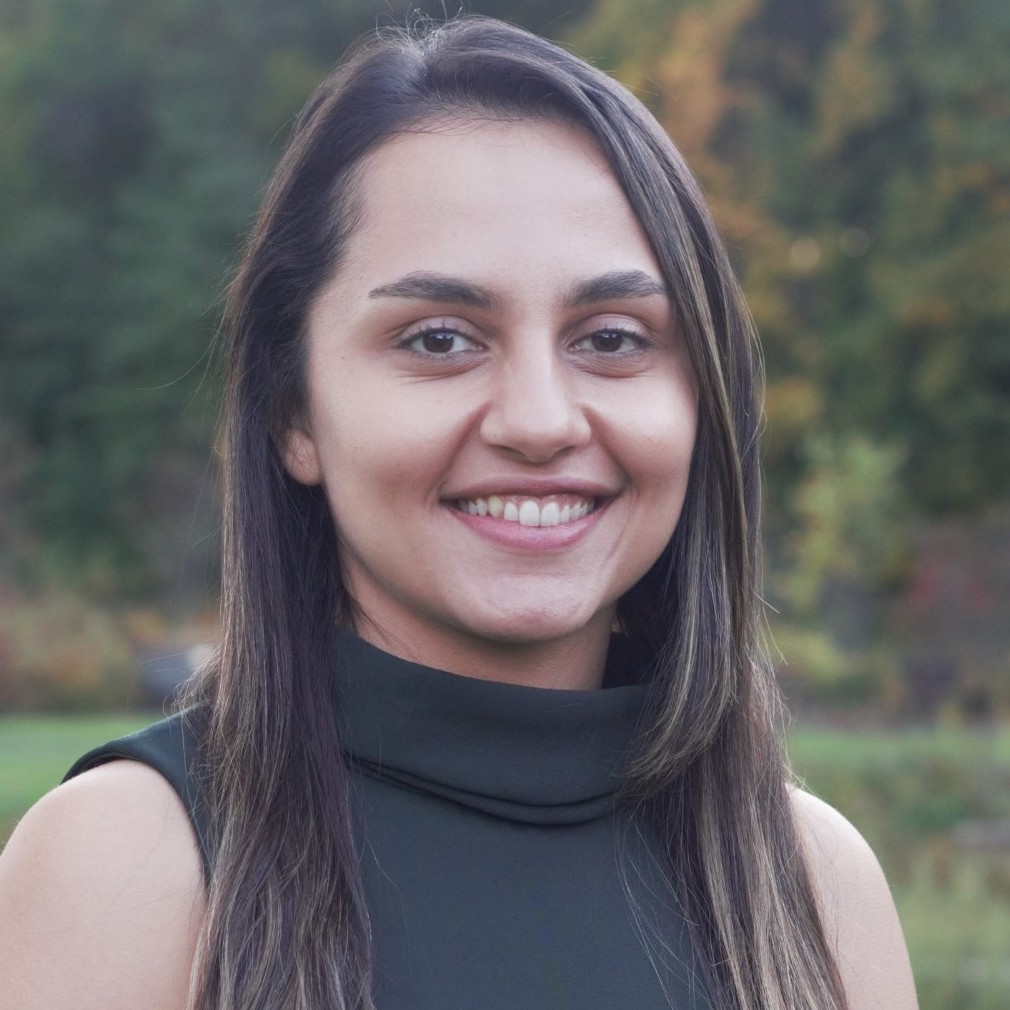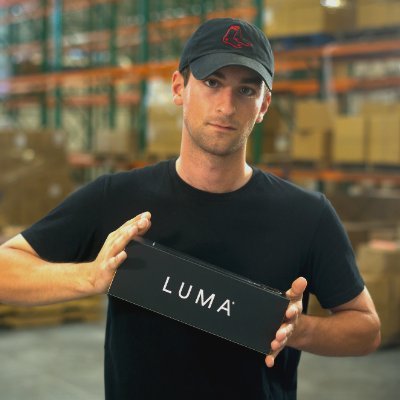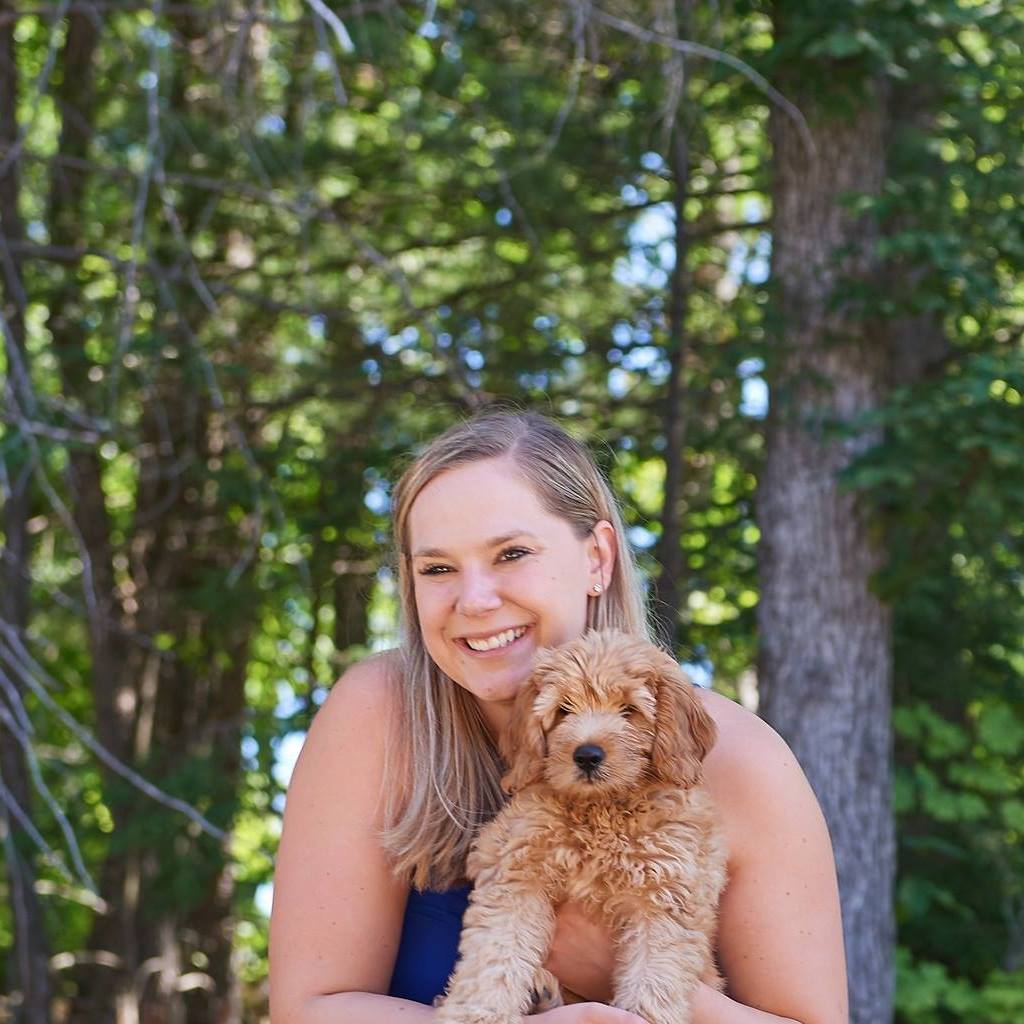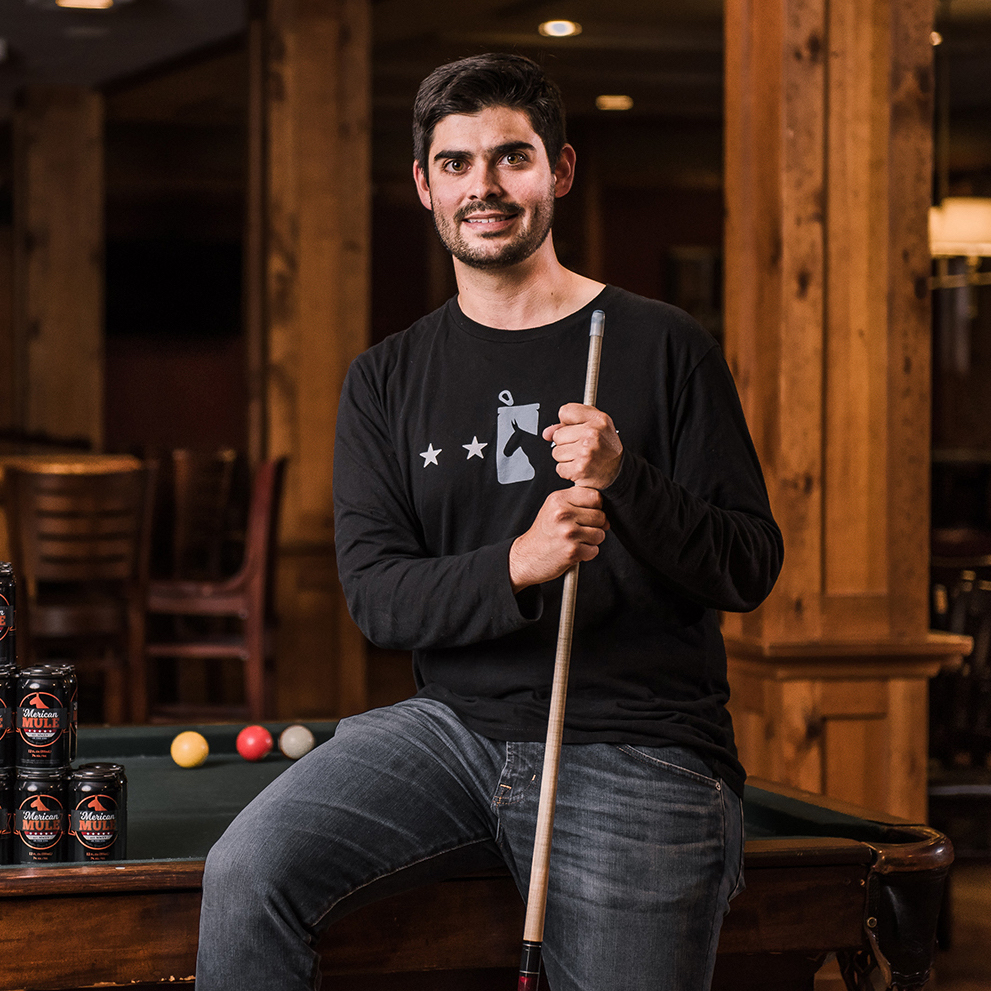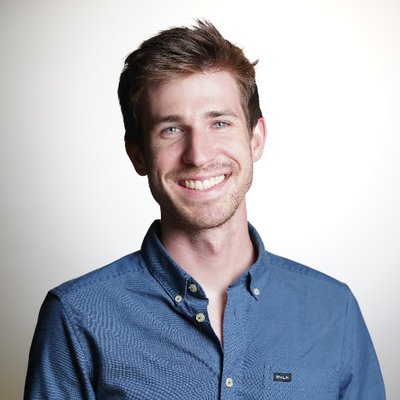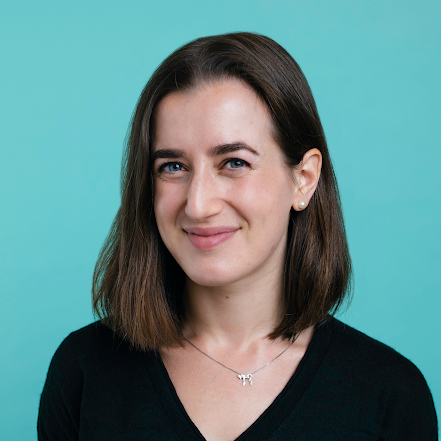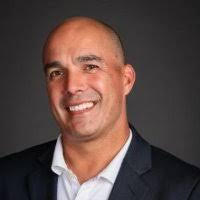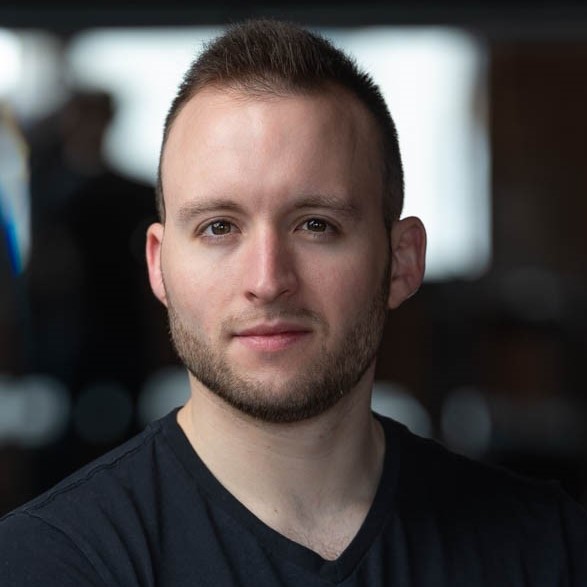
Co-Founder of CivilTalk
Matt invented Smartwell, a flavored and sparkling water dispenser, and subsequently started his first company, Voda, around this idea. Dubbed the "next generation water cooler,’’ Matt sold Voda in 2019 and went to work on his second startup, CivilTalk. Hearing his mom’s frustration with the combative nature of social media, Matt wanted to find a way for people to have a voice online without the noise of trolls and negative comments. Matt and his team developed CivilTalk with a mission to connect people with each other so they can listen, learn and collaborate on solutions without the fear of being shut down or drowned out. Users are required to prove their identity before joining and choose who they engage with. With CivilTalk, the focus is on issues and solutions, not political parties.
Matt got his start in entrepreneurship with guidance from the School of Business, School of Engineering and UConn’s Technology Incubation Program (TIP), which provided a home base for Voda along with support with a business plan, investor pitches and connections with potential investors and business partners. He was also one of the first graduates of the School of Business’ Innovation Quest (iQ), a competition that helps students turn their ideas into a business. (Click here to take a look at the most recent iQ winners).
Matt Cremins is doing things WerthWatching:
- Launched his first startup while a student at UConn
- Sold that company in less than six years
- Co-founded a new online community creating change through civil discussion
What was it about starting a company that appealed to you?
The opportunity to make a difference, and in the case of CivilTalk, help our country ascend from the current hostile and divisive political climate.
How did UConn prepare you for the field you are in today?
UConn exposed me to entrepreneurship and how to take an idea and turn it into a product, and ultimately start and grow a company.
What’s your favorite UConn memory?
UConn men’s basketball winning the 2011 NCAA Championship. I watched every game of the tournament with my friends, and I remember being in Gampel for the finals and the atmosphere was once in a lifetime.
Where do you find your inspiration?
My desire to do good in the world and to give back for the amazing life I have had and continue to have. It’s such a gift to be alive and enjoy life...I feel the best thing you can do with your life is to give back in some way. I do that through entrepreneurship.
How do you define success?
Success is an inner peace in knowing that you gave your entire effort to achieve a goal. It’s not the result if the goal was achieved or not, but the inner peace knowing you gave it your all.
What is the best advice you’ve ever received, in business or in life?
Everyone gets knocked down at some point - be someone who gets up again and again.
What advice do you have for today’s students or aspiring entrepreneurs?
Seek the advice and support of great mentors. At UConn, the mentor network is incredibly giving and wants to help - take advantage of that opportunity!
What advice do you have for fellow Huskies, especially as they navigate the changing business landscape?
I would say remember what Wayne Gretzky said: “Skate to where the puck is going,” i.e. learn the skills that will be applicable in tomorrow’s world.
Do you have a professional moment you are most proud of? If so, why?
Yes - the few weeks leading up to selling my first company, Voda, were extremely stressful. I was negotiating the sale terms and learning many M&A topics and legalese on the fly. I’m proud of how I navigated those stressful times to a great outcome.
What’s next for you?
I am the co-founder of CivilTalk, a civic engagement service that is helping our country ascend from the current hostile and divisive political climate. Our amazing team has been working on CivilTalk for almost 3 years now, and we just launched! Time to grow!
Do you have any personal or professional goals you would like to reach?
I would like to travel all around South America in the next few years!
What’s your favorite podcast at the moment?
“How I Built This” by Guy Raz!
